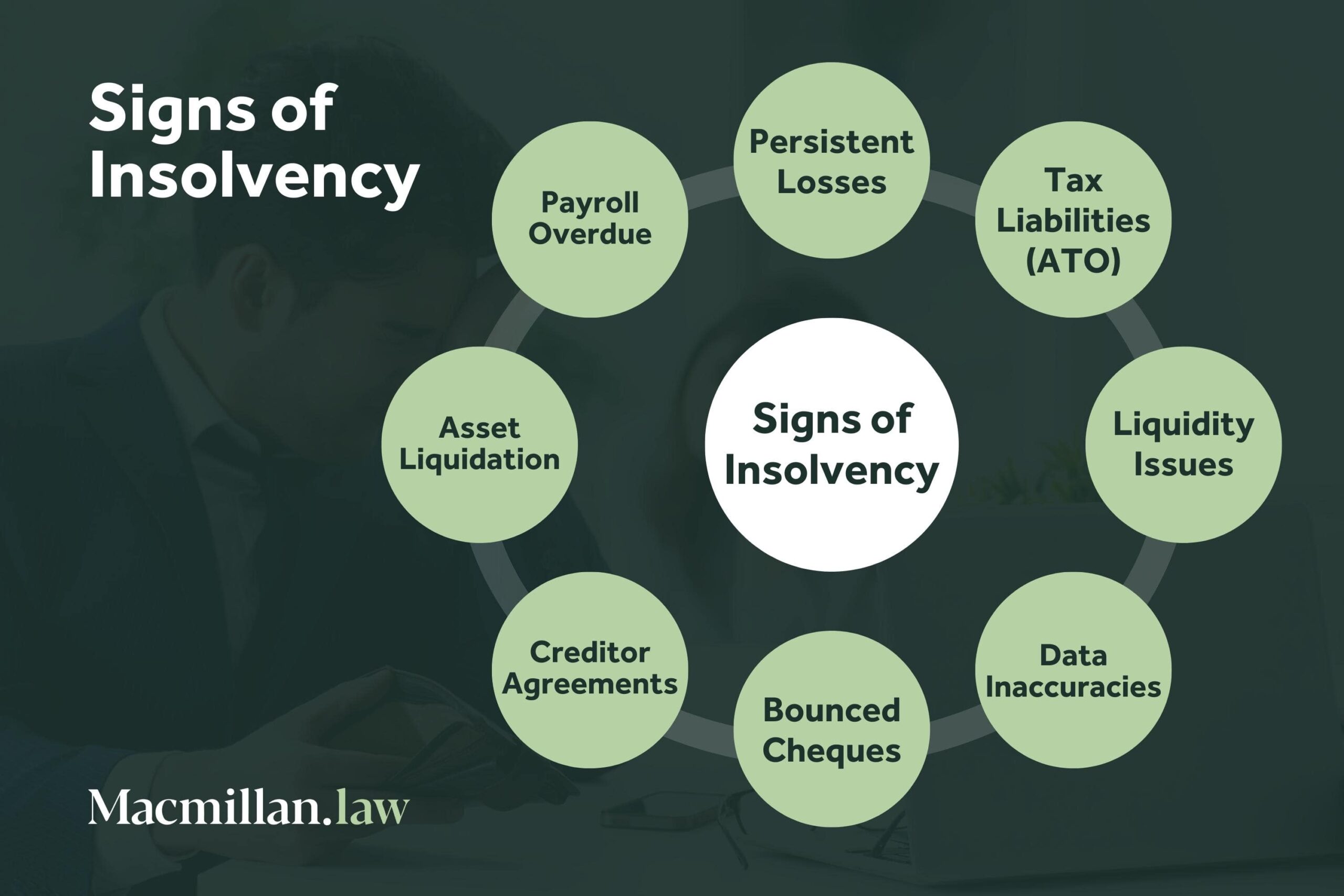Getting The Insolvency Practitioner To Work
Getting The Insolvency Practitioner To Work
Blog Article
Excitement About Insolvency Practitioner
Table of ContentsInsolvency Practitioner for Beginners3 Easy Facts About Insolvency Practitioner ExplainedThe Greatest Guide To Insolvency PractitionerGet This Report on Insolvency Practitioner5 Simple Techniques For Insolvency PractitionerSome Known Details About Insolvency Practitioner The Buzz on Insolvency Practitioner
Insolvency is when responsibilities are greater than the value of the business, or when a borrower can not pay the financial obligations they owe. A firm can become financially troubled as a result of a variety of situations that cause inadequate capital. When encountered with bankruptcy, a service or person can get in touch with financial institutions directly and restructure financial obligations to pay them off.Insolvency can result in bankruptcy proceedings, in which lawsuit will be taken versus the bankrupt person or entity, and assets may be liquidated to pay off arrearages. Local business owner may contact creditors directly and restructure financial obligations right into even more convenient installations. Creditors are usually open to this method since they wish to be repaid and avoid losses, even if the repayment gets on a postponed timetable.
Insolvency Practitioner for Dummies
The owner creates a proposition detailing just how the financial obligation may be reorganized using expense reductions or various other prepare for assistance. The proposal shows creditors exactly how the company might create enough capital for rewarding operations while paying its debts. Usually, a forgiven financial debt may be considered revenue by the Irs (INTERNAL REVENUE SERVICE).

Not known Factual Statements About Insolvency Practitioner
Business may end up paying large amounts of cash in damages and be unable to continue procedures. When operations cease, so does the business's income. Lack of revenue leads to accounts payable and financial institutions requesting money owed to them. Some firms come to be insolvent because their items or solutions don't evolve to fit consumers' altering demands.
Expenditures exceed incomes and expenses stay unpaid. Cash-flow insolvency occurs when a business has the possessions to cover their financial debts but they are in the wrong type, such as genuine estate rather of fluid funds. Balance-sheet bankruptcy, on the various other hand, suggests a lack of possessions in any type of type to cover financial obligations.
The internal revenue service states that an individual is financially troubled when the overall obligations surpass overall assets. A bankruptcy, on the other hand, is an actual court order that portrays exactly how a bankrupt person or service will certainly repay their financial institutions, or just how they will certainly sell their properties in order to make the payments.
What Does Insolvency Practitioner Mean?

Recognizing the aspects that can cause insolvency, such as overspending, can help you prevent bankruptcy and its repercussions.
About Insolvency Practitioner
It is well known that supervisors and policemans of companies (and supervisors of restricted obligation companies) owe fiduciary obligations to their organizations and their shareholders (or members). These fiduciary commitments are defined by state statutes and, though there are variants from one state to another, they normally include a task of commitment and a responsibility of treatment.
The duty of care calls for supervisors and officers to exercise persistance, to make enlightened choices, and to act in good belief to ensure that their activities remain in the very best rate of interest of the firm. Though beyond the scope of this discussion, some states enable these duties to be limited either by so keeping in mind in the business documents or adhering to various other needs.
The Only Guide for Insolvency Practitioner
A lot of states define bankruptcy in 2 ways( 1) when a firm's liabilities end up being higher than the sum of its assets or (2) when the company comes to be not able to pay its financial debts as they end up being dueand accept both meanings (Insolvency Practitioner). The change in responsibilities takes place because when a firm is bankrupt, there is no worth in the company beyond that owed to the firm's financial institutions to make sure that the equity owners no click for info more have a financial risk in the company
Be careful regarding giving investors favoritism at the cost of financial institutions (e.g., accrediting and funding a reward or a supply redemption). Beware concerning preferential treatment in between courses of investors. Clear up efforts to learn all the facts before taking a particular strategy; directors ought to genuinely believe that any kind of choices made remain in the most effective rate of interests of the company in its whole (i.e., decisions will be reviewed in knowledge in you could check here light of the result of such actions on the firm).
In any bankruptcy or insolvency proceeding, payments made to certain lenders at the cost of various other financial institutions can be clawed back, specifically if there is some link between the company and the financial institution. Take into consideration suggesting at an annual investor conference (or any type of other meeting of investors) a resolution attesting that all prior business decisions and actions taken by the directors and officers of the corporation were taken in great confidence after a workout of reasonable treatment.
The Greatest Guide To Insolvency Practitioner
Fully disclose any personal or organization connections with parties on the various other side of transactions entailing the company to avoid the appearance of a problem of rate of interest. In assessing possible fund raising transactions or a sale of possessions of the distressed firm, be aware that these deals might be inspected later on because of any type of succeeding growth of supervisors' fiduciary tasks to consist of creditors.
Report this page